Labake Fasogbon
Next-Gen Xpression has awarded scholarships and business grants to 15 students and young entrepreneurs during the maiden edition of the Kingdomite Conference, an event aimed at equipping the next generation with skills for leadership, innovation and societal impact.
The conference, held at the Obafemi Awolowo University (OAU), Ile Ife, Osun State sought to provide students and young professionals with tools to apply spiritual and ethical principles in everyday life and leadership.
Speaking at the event, the Founder of Next-Gen Xpression and convener of the conference, Kenny Williams, said the initiative is focused on broadening access to “spiritual intelligence” and practical leadership skills.
“We are taking the kingdom beyond the four walls of the church so that people begin to live meaningful lives that are not restricted to what happens in church. We are equipping the next generation to position themselves with the leverage, influence, and capacity needed to execute God’s agenda on earth as it is in heaven,” Williams said.
Williams added that the conference is designed to help participants understand how spiritual principles can be applied to contemporary challenges, encouraging innovation, leadership and societal engagement.
As part of its social impact initiatives, Next-Gen Xpression provided scholarships for students unable to afford tuition and business grants to support emerging entrepreneurs.
“Education is the lifeline of any nation, and financial limitations should never prevent anyone from being educated. Entrepreneurship is also one of the key ways to reform a nation. Not everyone will secure traditional employment, but people can be positioned to create opportunities that improve society and elevate their own lives,” Williams stated.
The inaugural conference was hosted at Williams’ alma mater, OAU, which he described as a strategic choice due to its history of producing leaders across various sectors.
“There is something unique about OAU’s culture of excellence. The institution has consistently produced great leaders across different fields, and we believe God is positioning us to raise Kingdom giants through this conference who will shape the next decades,” he said.
The convener also urged participants to adopt long-term perspectives, think beyond institutional boundaries, and develop innovative solutions capable of addressing societal challenges.



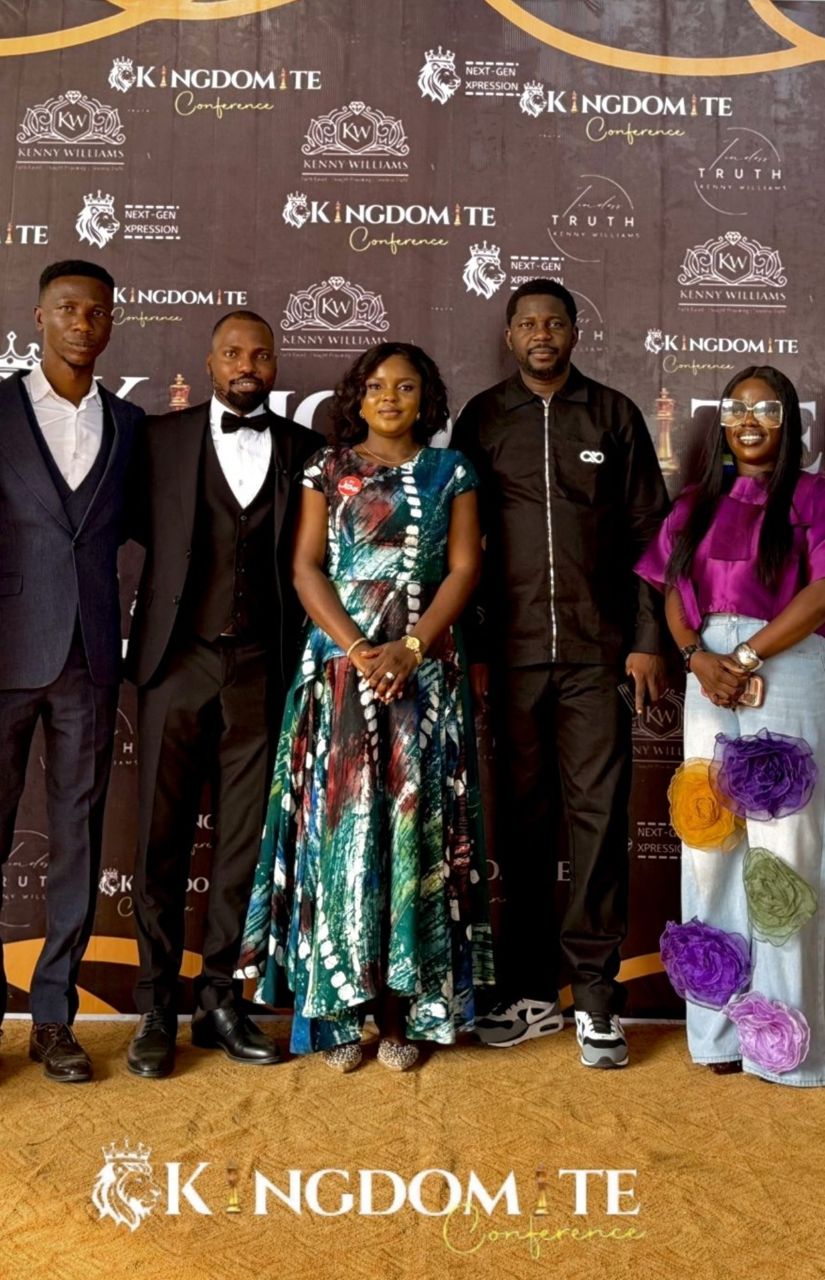
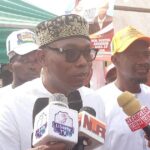
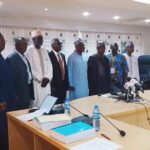
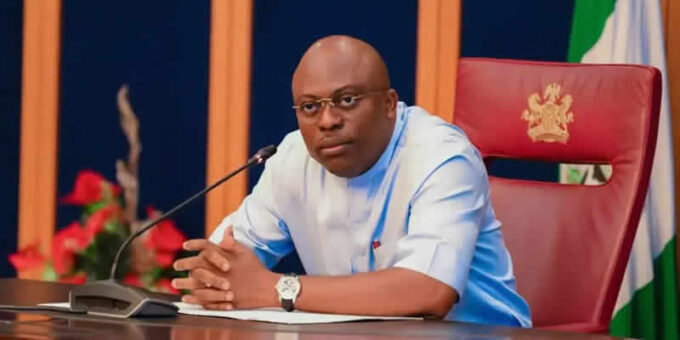

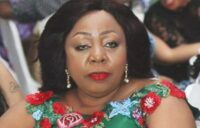
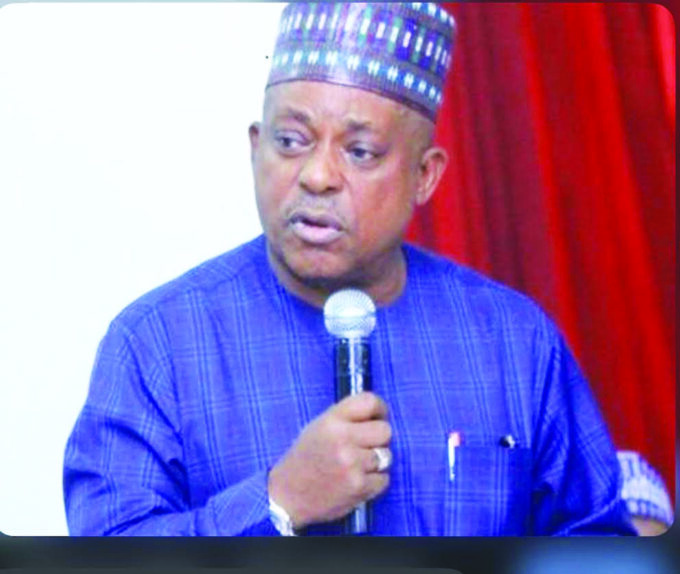
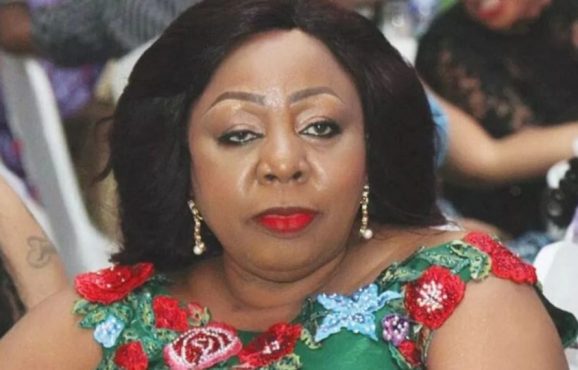
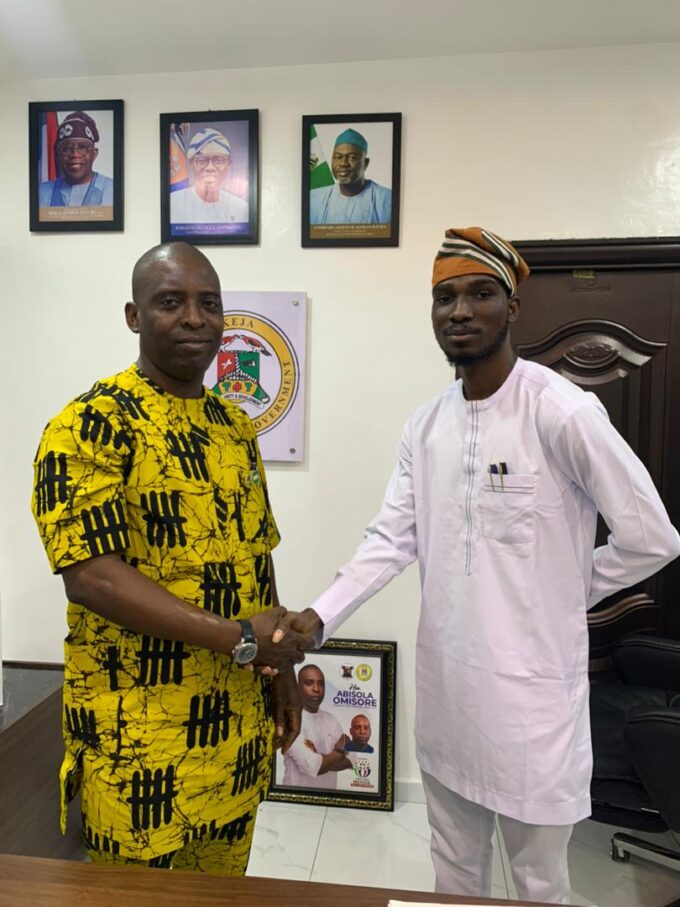
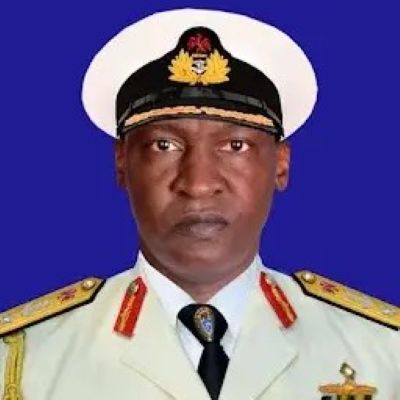


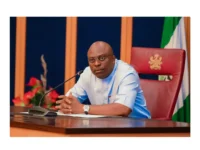
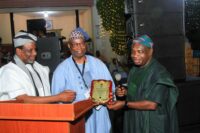
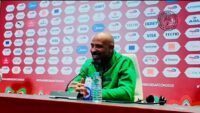
Leave a comment